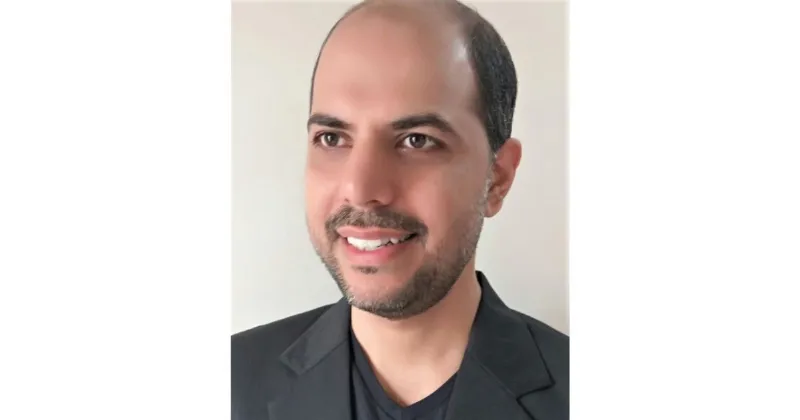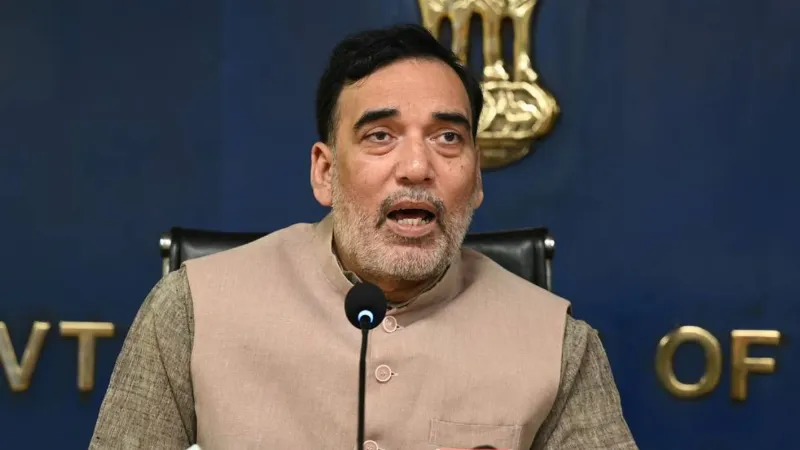Dr. Garvit Chitkara, a Senior Consultant in Breast Surgical Oncology, has shared his views on the impact of breast cancer on mental health

Breast cancer is a widespread disease globally and, like other types of cancer, has an impact on both a person's mental and physical health. Mental disturbances are common during the diagnosis, treatment, and recovery phases of breast cancer.
Patients diagnosed with breast cancer often express feelings of fear, anxiety, sadness, anger, and depression. These emotions stem from the uncertainty about the types and effects of breast cancer treatment, which may lead to hair loss, changes in appearance, fatigue, pain, infertility, and other issues. The worst fear for many patients is the fear of unknown outcomes. Some are so afraid that they cannot even bring themselves to utter the word "cancer."
Dr.GarvitChitkara recommends that patients should take care of their mental health from the time of diagnosis and seek support from doctors, family members, friends, and caregivers. He says that it is now important to have counsellors as part of the multidisciplinary team to address the important issue of mental health and provide counselling when necessary.
Patients who have been diagnosed with breast cancer often experience a variety of distressing symptoms, including changes in sleep patterns, stress, sadness, and anxiety.
These symptoms can be accompanied by a loss of interest in activities they previously enjoyed, changes in appetite, weight fluctuations, fatigue, difficulty concentrating, increased body aches and pain, and other related issues. It is important for patients to know that they do not have to go through these challenges alone.
If they feel comfortable doing so, they can reach out to their healthcare team or mental health professionals for guidance and support in managing their emotions during this difficult time.
Patients may find that one-to-one counselling sessions, group therapy, or confiding in trusted family members or friends can be helpful. Sharing fears and anxieties with others who have gone through similar experiences can provide a sense of comfort and help patients feel understood and supported.
Mental health experts suggest several strategies to combat negative thinking and promote positive thoughts. Engaging in activities that bring joy or pursuing a hobby can help shift focus away from negative thoughts.
Visualization, relaxation, and meditation techniques can also help to alleviate stress, anxiety, and tension, promoting a sense of calm and well-being. Yoga, brisk walking, and Pilates are other options that can help clear the mind and reduce stressful thinking.
Cognitive-behavioural therapy (CBT) is a widely recognized form of therapy that can help patients analyse their thought patterns and develop positive thinking habits while avoiding negative thoughts. This therapy can be especially useful during the treatment phase, as it can help patients cope with the side effects of treatment and improve their chances of a speedy recovery.
Guidance from healthcare professionals can also be immensely helpful for patients as they navigate the treatment phase. Being prepared for the side effects of treatment can help patients feel more in control and empowered, which can lead to a more positive outlook and better outcomes.
Breast cancer survivors are encouraged to continue taking care of their physical and mental health even after completing treatment. This includes maintaining a healthy diet, regular exercise, and following up with medical appointments to monitor their health. It is also important to remain connected with support groups and healthcare professionals to receive ongoing emotional support and guidance.
Support groups provide a safe and understanding environment where patients can share their experiences and feelings with others who have gone through similar experiences. Survivors and caregivers in these groups offer practical advice on managing post-treatment side effects, coping with emotional distress, and living life to the fullest after cancer.
In addition to support groups, survivors may also benefit from counselling or therapy to help address any ongoing emotional challenges related to their cancer experience. These services can be accessed through mental health professionals or support organizations.
By staying connected with their support network and prioritizing their physical and mental health, breast cancer survivors can continue to lead fulfilling lives after completing treatment.
Dr. Garvit Chitkara is a strong advocate for motivating and encouraging his breast cancer patients. He has immense respect for those who have recovered from the disease, acknowledging their remarkable resilience and willpower to overcome it and resume a healthy and active lifestyle. He advises them to remain vigilant and seek medical assistance promptly if they feel unwell or notice any signs of breast cancer recurrence.
About Dr Garvit Chitkara
Dr. Garvit Chitkara is a Senior Consultant of Breast Surgical Oncology at Nanavati Max Super Speciality Hospital. He is an alumnus of Tata Memorial Hospital, where he has worked and taught cancer surgeons.
He is a highly skilled expert in breast cancer surgery and oncoplastic breast surgery, providing his patients with comprehensive, evidence-based, and personalized care. With a successful record of accomplishment of treating thousands of breast cancer patients, he is committed to helping his patients achieve a healthy and fulfilling life after recovery. If you need to contact Dr. Chitkara, his details are as follows:
Contact Details:
Nanavati Max Institute of Cancer Care,
Nanavati Max Super speciality Hospital,
Vile Parle West, Mumbai, Maharashtra 400056
Mobile: +91-91673 28325





















